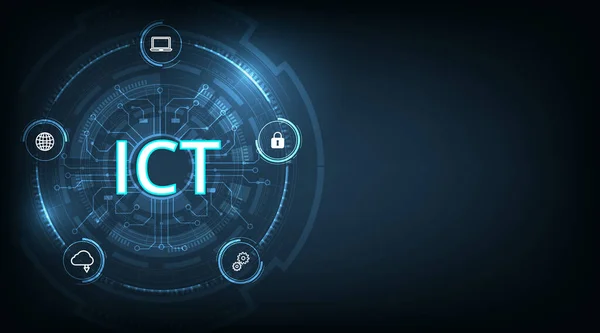
The concepts of backup and resilience form the pillars of a robust data protection strategy. While both are designed to safeguard your data, they address different facets of data protection and system functionality.
Backup is all about creating secure copies of your data. It’s a safety net that protects valuable information from potential threats such as system failures, accidental deletions, and cyberattacks. A comprehensive backup strategy is essential for both individuals and businesses and can involve a mix of local, offsite, and cloud backups.
Local backups involve creating copies of your data and storing them on a physical medium, such as an external hard drive, USB flash drive, or even via tape drive. This method provides quick, easy access to your backups and is a cost-effective solution for individuals or small businesses. However, local backups can be susceptible to physical damage, theft, or local disasters like fire or flood.
Offsite backups are similar to local backups, but the data is stored at a separate geographical location. This could involve taking physical backup media to a secure, offsite location, or it could involve using a dedicated offsite backup service. Offsite backups provide additional protection against local disasters, but accessing the data can take longer than with local backups.
Cloud backups involve uploading data to a cloud service provider. This method provides easy access to your backups from any location with an internet connection and offers scalable storage that can grow with your needs. Cloud backup services like Backblaze, and cloud storage services, like Dropbox or Onedrive, often offer features such as automated backups and file versioning, making them a popular choice for businesses. However, the ongoing costs can be higher than local backups, and you need to trust the provider to keep your data secure.
Regardless of the type of backup you choose, implementing a backup retention strategy is crucial. This involves determining how many backup versions to keep and how long to keep them. For instance, a common strategy is the 3-2-1 rule: have at least three copies of your data, store the copies on two different media, and keep one backup offsite.
Resilience, on the other hand, is about ensuring your systems can resist failures or recover quickly from them. It’s a proactive approach designed to keep your business operational even when faced with adverse events. Resilience can be achieved through several strategies and technologies, including power resilience, data resilience, and network resilience.
Power Resilience: Uninterruptible Power Supply (UPS) devices and inverter backup systems provide emergency power to your system in case of a power outage, ensuring continuity of operations until the main power supply is restored. They can also protect your equipment from power surges that could damage your hardware.
Data Resilience: RAID (Redundant Array of Independent Disks) technology can protect your data from a hard drive failure. Different levels of RAID provide varying degrees of data redundancy and performance improvements. Similarly, clustering – the use of multiple servers that work together to provide continuity of service – can safeguard your system from individual server failures. Virtualization combined with clustering allows for rapid redeployment of resources should there be a hardware failure.
Network Resilience: For businesses reliant on internet connectivity, having a broadband fallback solution, such as a secondary internet connection or a mobile data connection, can ensure your business remains online even if your primary internet connection fails.
In essence, while backups protect your data by creating multiple copies, resilience ensures your systems and operations continue to function even during a failure. Balancing both in your strategy is essential for maintaining the integrity of your data and the continuity of your operations. Hence, whether you’re an individual or a small to medium business, implementing both backup and resilience measures is vital for a comprehensive data protection strategy.
In the context of business operations, implementing both backup and resilience is crucial. If a company only focuses on backup without considering resilience, they might find themselves in a situation where they have their data intact but no operational system to use the data effectively. Conversely, if a company only focuses on resilience without considering backup, they may keep their systems running during a failure, but risk losing data if it gets corrupted or deleted. Therefore, a balanced approach combining both backup and resilience is most beneficial in safeguarding valuable data and maintaining business continuity.
But, navigating the realm of data backup and system resilience can be a complex undertaking. This is where Computer Den Support Services comes into play. As specialists in the field, we can provide expert guidance and practical solutions tailored to your specific needs. We can assist in the design, development, and deployment of robust backup strategies, be it local, offsite, or cloud-based, ensuring your data is secure and recoverable. In addition, We can help implement and maintain resilience measures, from power and data resilience to network resilience, thereby ensuring your systems are robust and recover quickly from disruptions.
With Computer Den Support Services, you gain a partner who understands the complexities of backup and resilience. Their expertise and support can help you navigate this challenging terrain, providing you with peace of mind knowing that your data is secure and your systems are prepared to withstand whatever comes their way. Whether you’re an individual or a small to medium business, we stand ready to help you build a comprehensive data protection strategy that balances both backup and resilience, setting you up for success in today’s digital world.

No Comments Yet